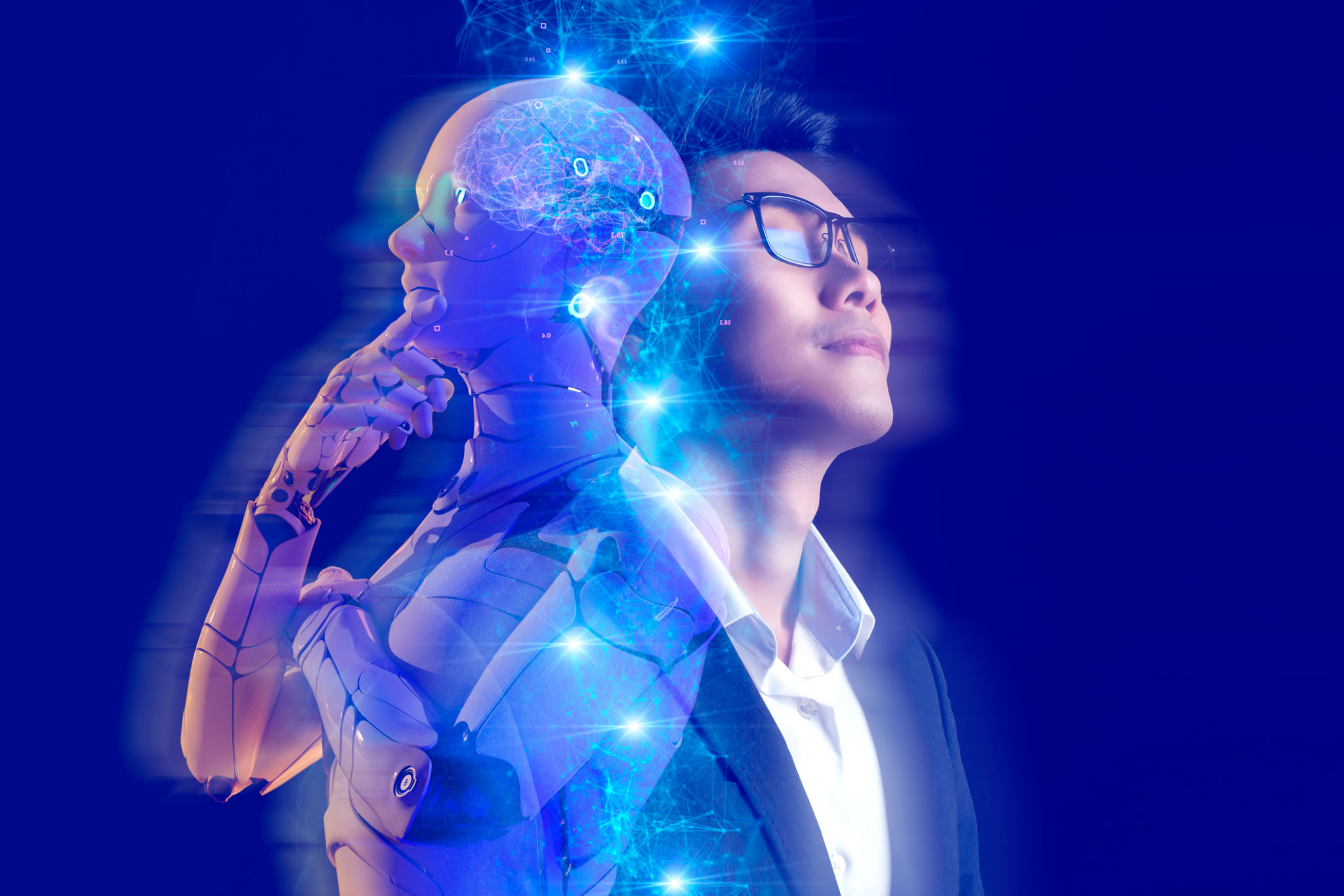Exploring Intuitive AI: Bridging Technology and Spirituality
Understanding Intuitive AI
In recent years, the world has witnessed a surge in discussions around artificial intelligence (AI) and its growing role in everyday life. While AI is traditionally associated with logical processes and data analysis, a new dimension is emerging: intuitive AI. This concept refers to AI systems that mimic human-like intuition, enabling more natural interactions and decision-making capabilities.
Intuitive AI seeks to bridge the gap between technology and human experience by integrating aspects of emotion, perception, and understanding. This evolution of AI holds the potential to transform various sectors by providing more personalized and empathetic technological solutions.

The Role of Intuition in Technology
Intuition in technology involves the capacity to process information and make decisions in a way that feels instinctive. For machines, this means employing algorithms that can understand context and nuances, much like a human would. By leveraging vast datasets and advanced machine learning techniques, intuitive AI can anticipate user needs and adapt to changing environments.
This form of AI is particularly valuable in fields where human-like judgments are crucial, such as healthcare, education, and customer service. By tapping into intuitive processing, AI systems can offer more accurate diagnoses, tailor learning experiences, and provide customer support that feels genuinely responsive.

Spirituality Meets Technology
The integration of spirituality with technology may seem like an unlikely pairing, yet intuitive AI is creating intersections where these domains converge. As we strive for more meaningful interactions with technology, spiritual concepts such as mindfulness, empathy, and connection are becoming influential in shaping AI development.
For instance, some AI applications are designed to promote mindfulness and mental well-being by offering guided meditation sessions or personalized affirmations. These tools harness intuitive AI to create experiences that resonate on a deeper, more spiritual level.

Applications of Intuitive AI
One of the most promising areas for intuitive AI is in enhancing user experience across diverse industries. Here are some examples:
- Healthcare: AI systems can provide intuitive diagnostic tools that consider patient emotions and histories alongside clinical data.
- Education: Personalized learning platforms that adapt to a student's unique learning style and pace.
- Customer Service: Virtual assistants that understand emotional cues and provide empathetic responses.
These applications highlight how intuitive AI can offer solutions that are not only efficient but also emotionally intelligent.
The Future of Intuitive AI
As we look ahead, the potential for intuitive AI continues to grow. Developers and researchers are exploring ways to further integrate emotional intelligence into AI systems, aiming to create technology that not only understands but also connects with users on a human level.
The journey towards integrating spirituality with intuitive AI is ongoing, promising a future where technology enhances rather than detracts from our human experience. As these systems become more sophisticated, they have the potential to enrich our lives by fostering deeper connections and understanding between humans and machines.
